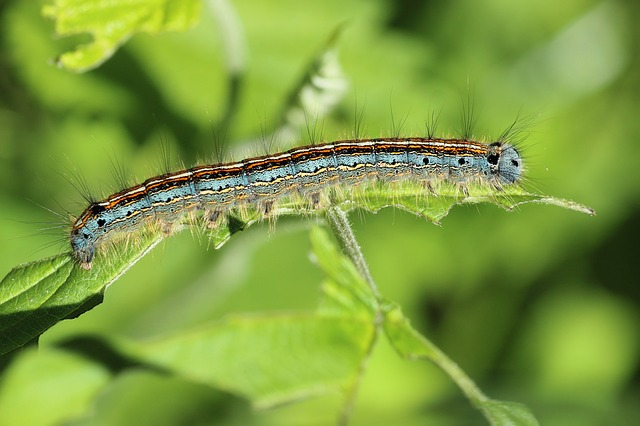
The German government has come up with a €100 million action plan to protect insects, including at least €25 million a year for research and monitoring of insect populations. The federal government plan also includes protection of concerned insect habitats such as meadows and hedges.
This comes after a 2017 research reported a dramatic loss of insects in the country's natural reserves and as much as 76 percent decrease in biomass over three decades. "This takes several steps in the right direction," said Lars Krogmann, an entomologist at the State Museum of Natural History in Stuttgart, Germany.
Last year, Krogmann and his colleagues published a nine-point plan with recommendations, some of them included in the government plan, to reverse the declining insect populations. According to him, the insect decline is closely linked with a decline of habitats.
Many traditional hay meadows -- important habitats for native plants, insects, and other animals -- have vanished after farmers converted them to fields of fast-growing grass for animal feed. The increased use of fertilizers and mowing technology every few weeks instead of once or twice a year is an additional concern.
According to the new plan, several insect-rich habitats will be granted protected status, including semi-wild fruit orchards and stone walls in the countryside.
The government also plans to phase out by 2023 the use of glyphosate -- the world's most common weed killer – as the herbicide often ends up killing the native plants that insects rely upon.
Glyphosate is a burning issue in Germany, with the agriculture ministry opposing a ban and the environmental ministry pushing for one.
The plan also proposes tighter regulations on all pesticide use in nature reserves and other protected areas.
Drugs used in veterinary medicine will also be reviewed for their effects on insects. Such as anti-parasite treatments in cattle can harm dung beetles.
The government will also support public education efforts in preschools, schools, and a nationwide "insect-friendly garden" campaign.
At least 25 percent of the amount slated to be spent on research and monitoring will enable the development of a nationwide insect monitoring network -- part of a larger biodiversity monitoring program.
The country will also focus on increased research into reasons behind the declines and a way to reverse them.
According to Krogman, the government's plan for more support for taxonomy research and training is a very important step.
Wolfgang Wägele, former director of the Leibniz Institute for Animal Biodiversity in Bonn, termed the step as "remarkable".









